History and Origin of Songkran
The most celebrated of traditions, the Songkran Water Festival derives its name from Sanskrit word "Songkran", meaning to move or pass into. This ancient festival celebrates the Thai New Year, April 13 through April 15. The origins derive from the ancient Indian Festival of Makar Sankriti. The Indian version recognizes the suns celestial path and Thai translates the version recognizing the passing of an old year into a new one.
History of the festival traditions originate with the blessings and prayers for Buddhist Monks. Ancient Thai tradition warranted visiting the local monasteries and providing gifts of food to the monks who resided there. In addition, prayers and blessings of scented water poured over the monks during a holy cleansing process. The locals would collect the poured water and bring it back to their loved ones and friends. The local population would then rub and pour the water over one another as they believed the water to be blessed.
Festival Location
Although the Songkran Water Festival is celebrated throughout the country, the largest and longest of celebrations is held in Chiang Mai City. This fun festival is the longest running in the country, lasting over six days in duration. The Songkran Water Festival made it into the record books at the 2011 festival. The Guinness World Records Authority officially labelled the festival "The Largest Water Gun Fight In The World."
Festival Traditions
Throwing of Water - There are many traditions observed during the festival however, the tradition enjoyed by all - the throwing of water. The fun includes hoses, water guns and all forms of water carrying containers as Thai locals and guests drench each other with water. The tradition derives from the original collecting and pouring of the blessed water. This is a symbol of good health and fortune in the new year.
White Chalk- Festival goers are also doused with white chalk to symbolize the monks use of making chalk marks to preserve the blessings made.
Gifts of Food - Thai people visit monasteries for prayer and deliver food to the monks. While visiting, locals pour scented water on Buddha symbols. This is followed by a procession of monks carrying Buddha statues through the streets of the festival as people throw water.
Unless you enjoy your favourite outfit soaked while covered in white chalk, recommendations are in effect for casual attire. A raincoat would help as well!
Thanks this website
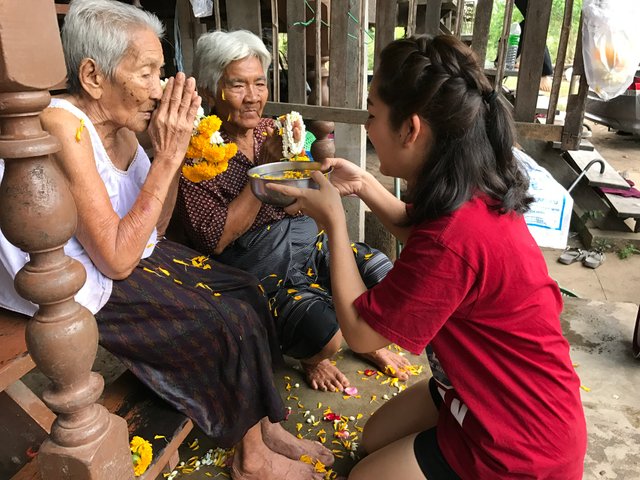
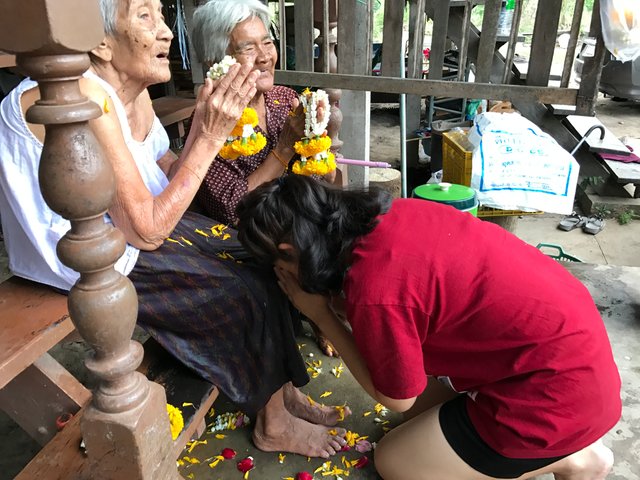
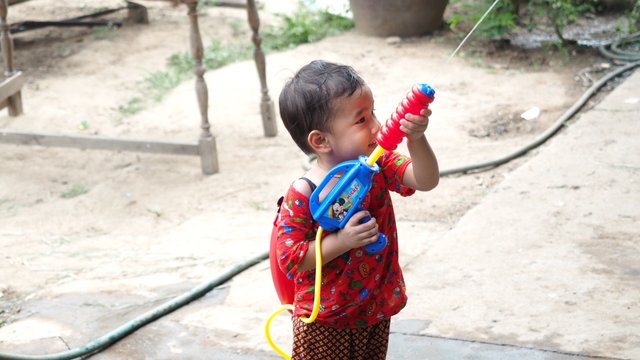
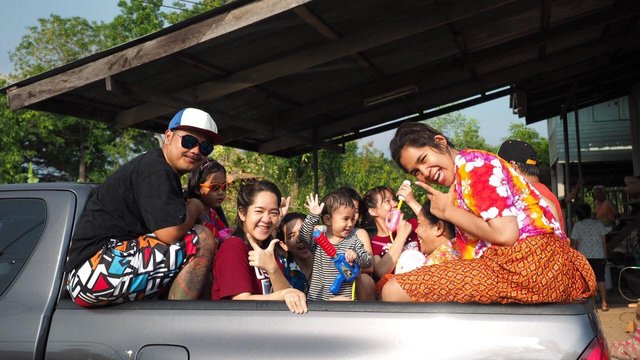
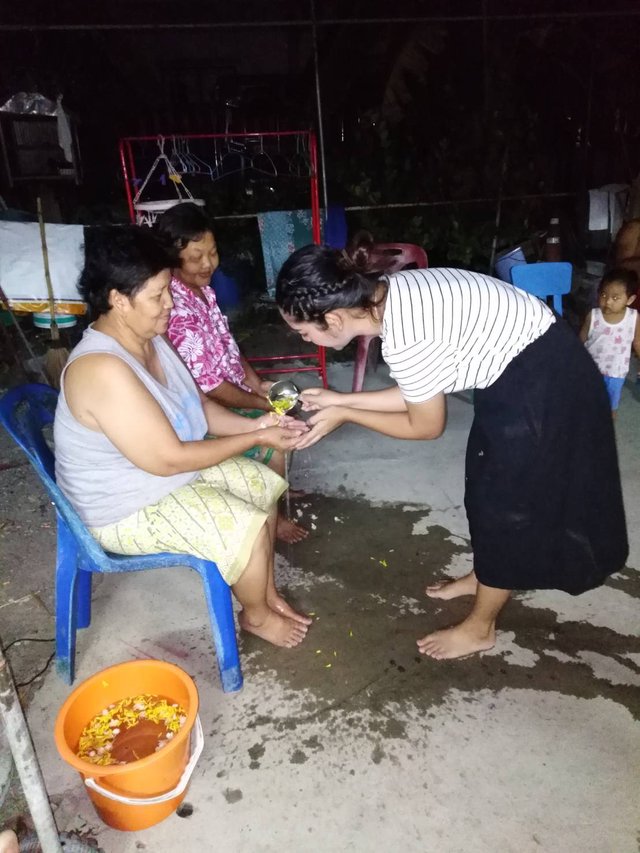
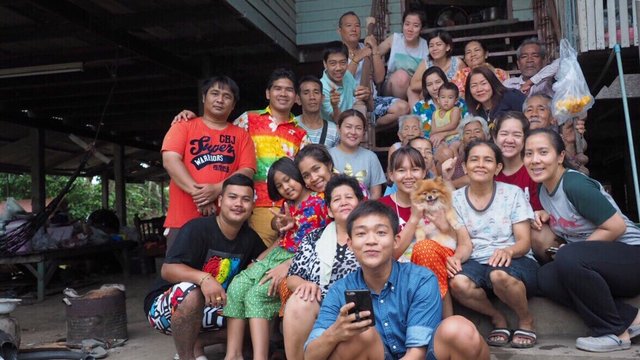
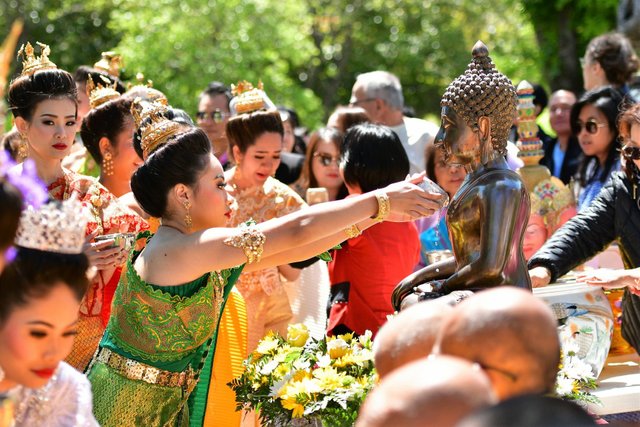
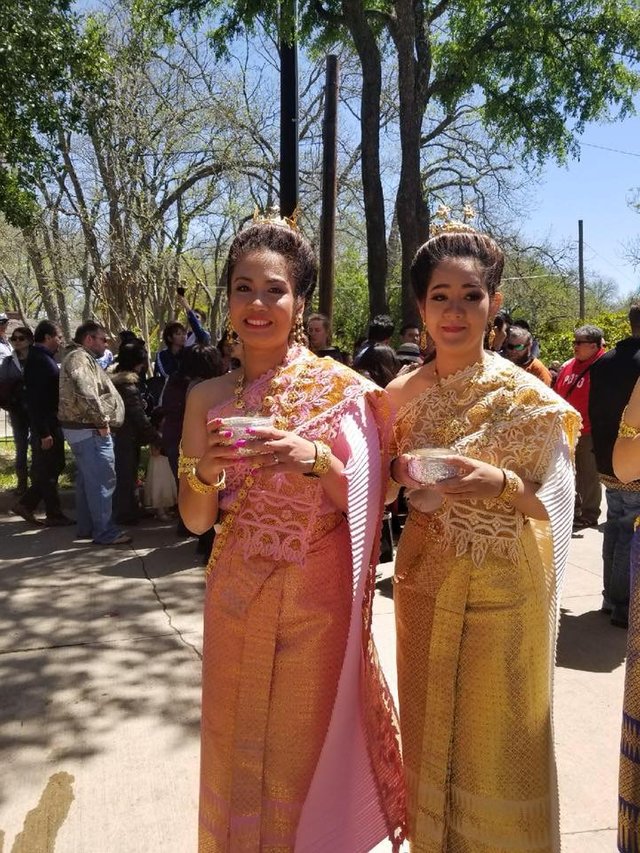
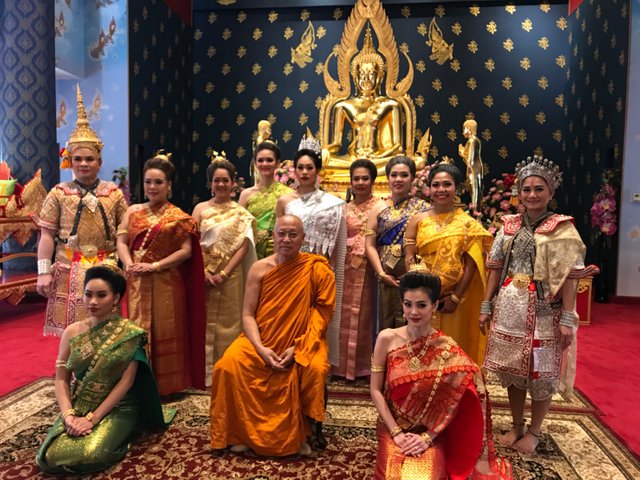
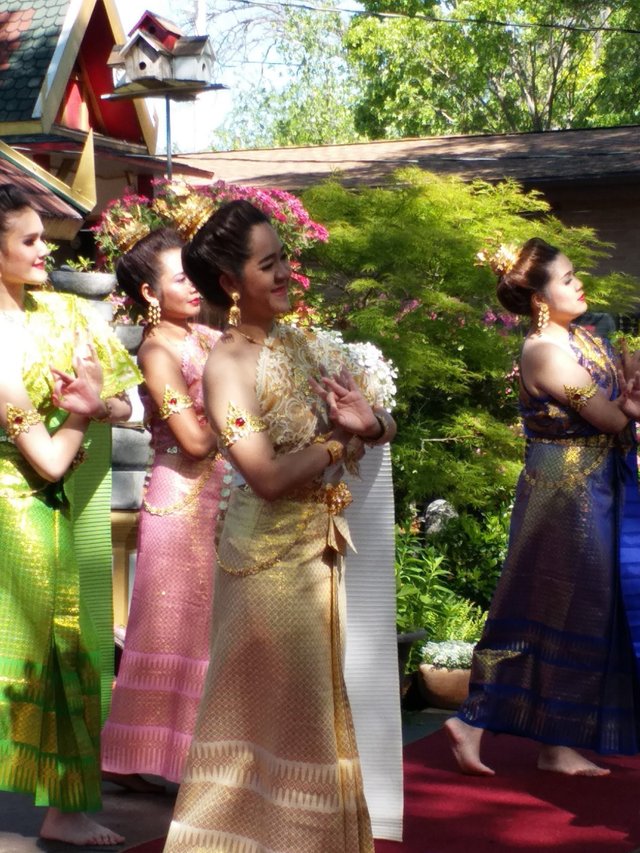
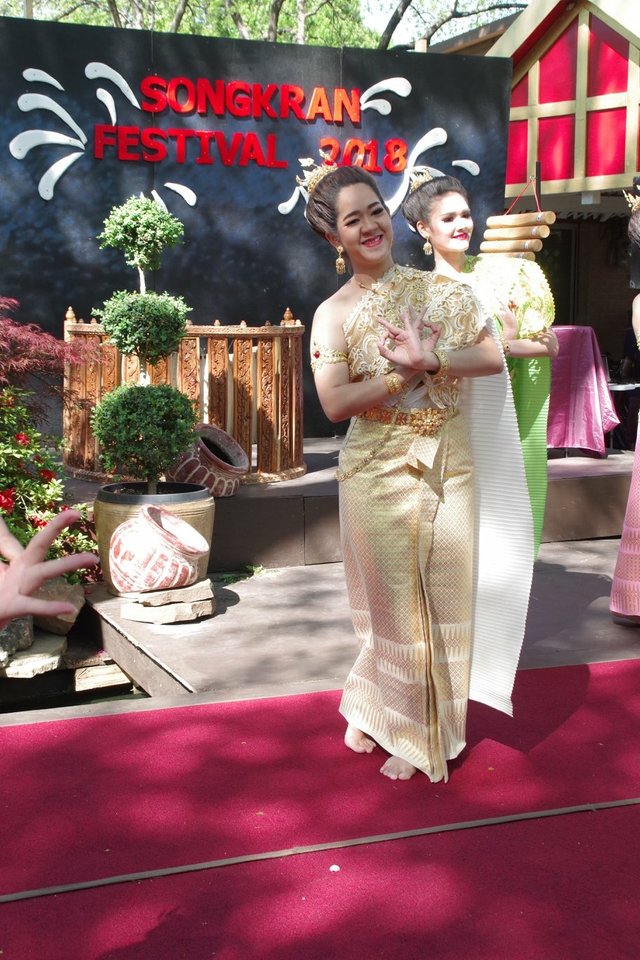
Wow i think this is your best Blogpost yet! i had no idea that the indian and thai culture were so entwined, it spikes so much curiousity, are you yourself buddhist?
what do you believe in? let's talk about it here in the comments! :)
Downvoting a post can decrease pending rewards and make it less visible. Common reasons:
Submit
yes I’m Buddhism
Thailand and Indian quite same culture
i believe in good and bad
Heaven and Hell
birth and death
what about you?
Downvoting a post can decrease pending rewards and make it less visible. Common reasons:
Submit